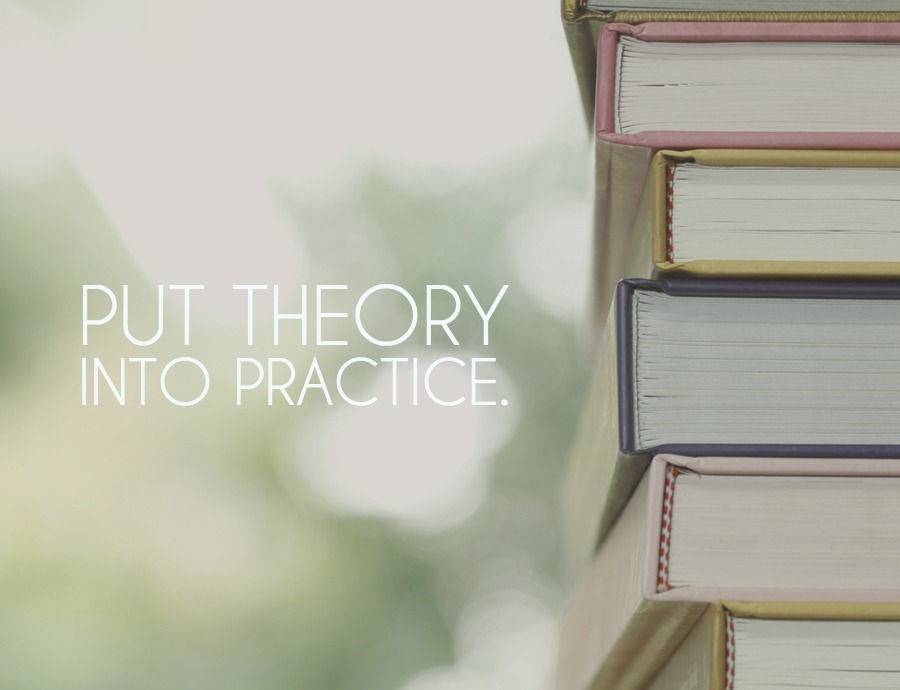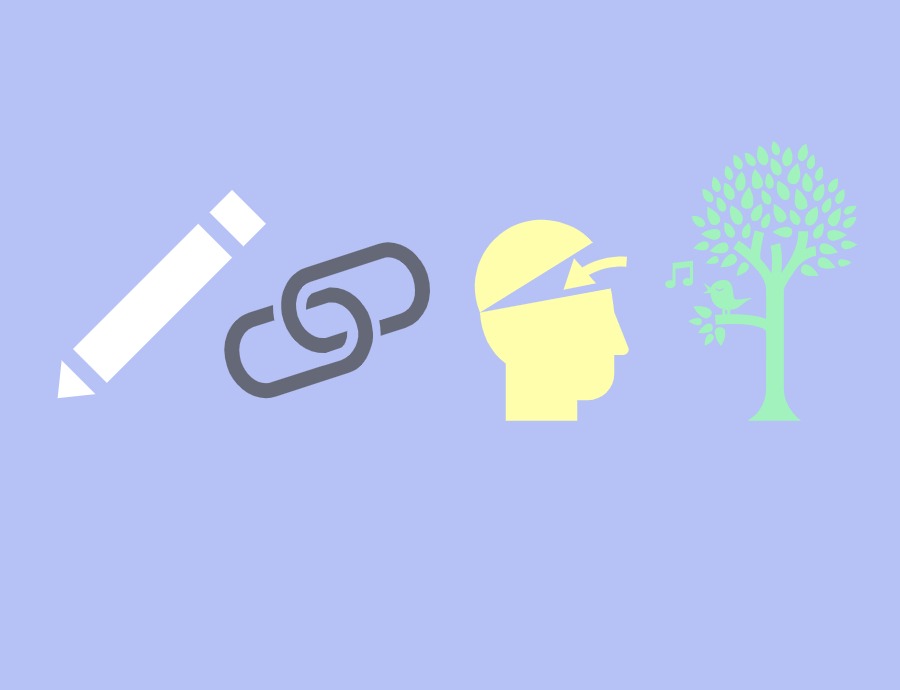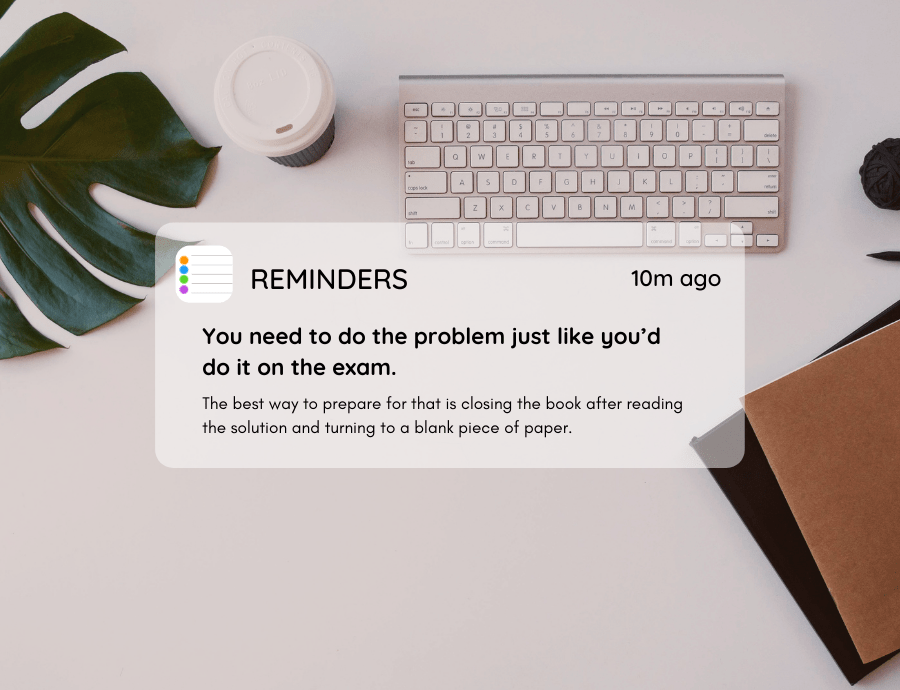Textbooks, as you’re probably learning, are not meant to be fun to read. Sometimes, it feels like they’re not even meant to be comprehensible. And yet, it’s your job to comprehend them. You have to read your textbooks, decode the meaning, and recall it on demand. Most importantly, at least in the beginning, you need to stay awake.
You have to read your textbooks differently than you’ve ever read before. You have to read actively. Here’s how.
It’s crucial to get help when you hit a roadblock, and your courses are difficult, so you’ll hit roadblocks often. You have lots of resources at your disposal.
You have to read your textbooks differently than you’ve ever read before. You have to read actively. Here’s how.
- Sit up straight to read, ideally at a desk. Posture affects comprehension and recall, and, in fact, your very ability to stay awake. All these factors affect performance. This is an easy tweak. While it’s tempting to read lying in bed, if you do, you’re more likely to read the same passages again and again, and remember little if anything at all.
- Skim the material first. Start by getting a sense of what’s important and what needs less attention. Do this by skimming through the material first, paying attention to headings, introductions and conclusions. Don’t take notes at this point. Don’t mark up the text in any way. You’ll do this (better and more strategically) when you read the material later.
- Don’t highlight. Highlighting doesn’t help either recall or understanding. You might be able to remember what the page looked like, but you’ll struggle to remember the information. Additionally, you won’t be able to sell the textbook back later.
- Take notes instead. Write down all definitions and key terms. Find connections. Note how these concepts might fit in with the other concepts you’ve been studying. Some people like to write in the margins. You can also write in a study notebook, and this notebook will help you later.
- Write in your own words. Textbook language is difficult and wordy. Your own voice is familiar. If you write your notes in your own words, then you’re more likely to remember them later. Additionally, writing in your own words is a simple test of your understanding: if you can’t paraphrase, then you likely need to ask for clarification.
- Question, argue, and talk back to the textbook. As you read, imagine that you’re in conversation with the textbook. Ask questions. Link concepts. Keep your mind active.
- Try the exercises. Start with the exercises that have been worked out for you. There’s a trick to this step. Make sure that you cover the solution with a piece of paper and try to work through the problem on your own. It will be more difficult, and you’ll struggle more, but you’ll remember. You’ll remember the work and the struggle, and, hopefully, you’ll remember the technique as well.
- Take note of the derivations that you’ve seen in class. If you notice a derivation that your professor has spoken about several times in lectures, it might even be worth trying yourself. Put a piece of paper next to the textbook, and go through the steps one by one. Eventually, see if you can complete the derivation on your own, without looking.
- Read your notes right before you attempt homework or problem sets. Put the theory into practice right away. You’ll remember more by doing than you will by passively reading what’s on the page.
- Get help when you don’t understand a concept. It’s important to try as hard as you can to work out the readings, but you won’t be able to understand all of them. If you need help, consult with other students, TAs, or visit your professors during office hours. Be conscientious. If you got into university, then clearly you’re smart enough to understand all the material. It’s always appropriate to ask for help.
It’s crucial to get help when you hit a roadblock, and your courses are difficult, so you’ll hit roadblocks often. You have lots of resources at your disposal.








